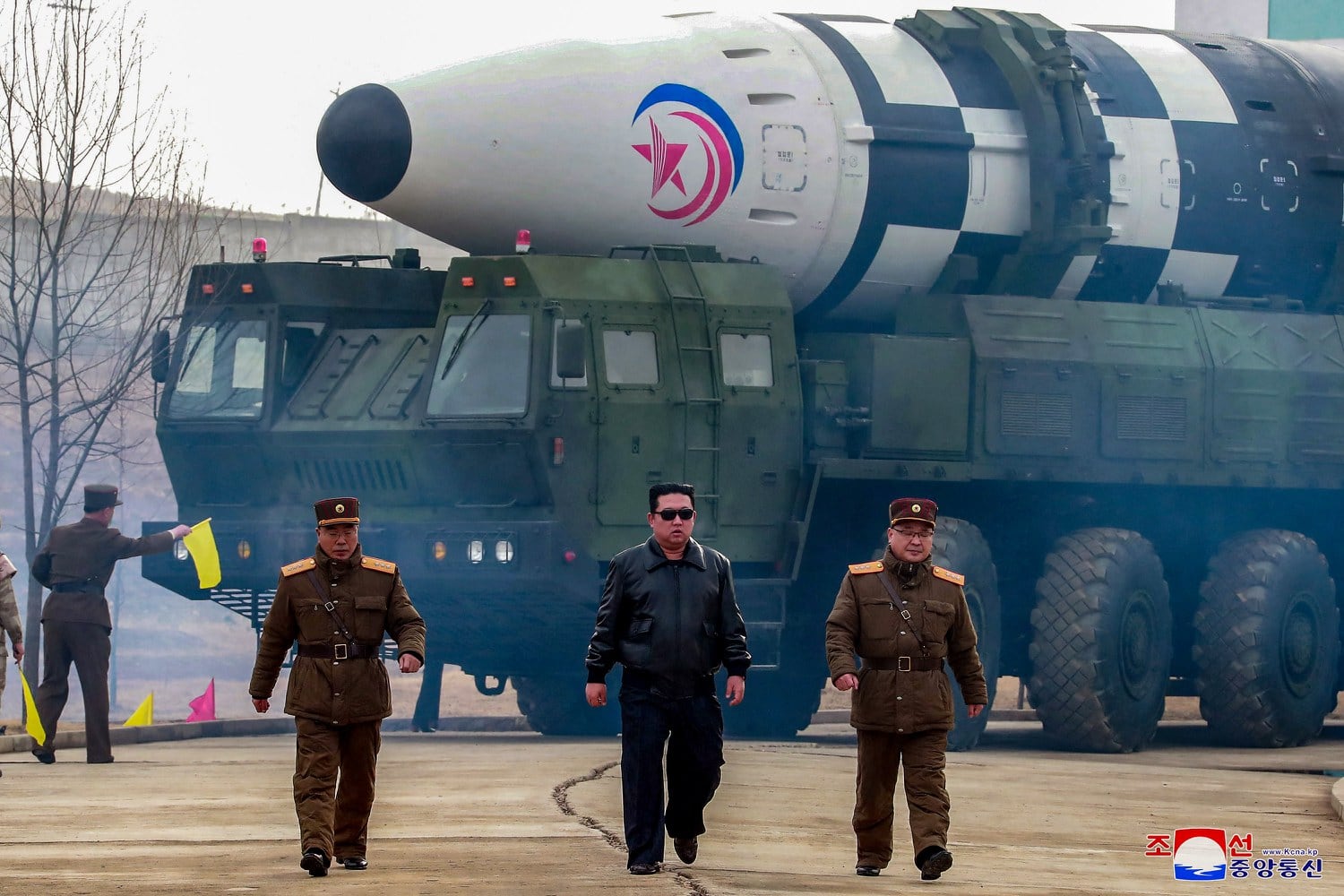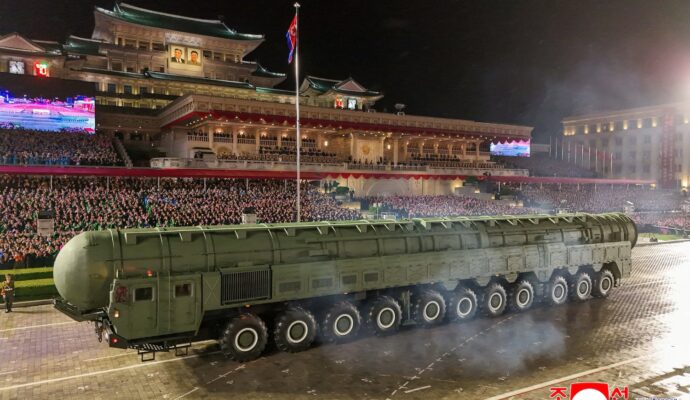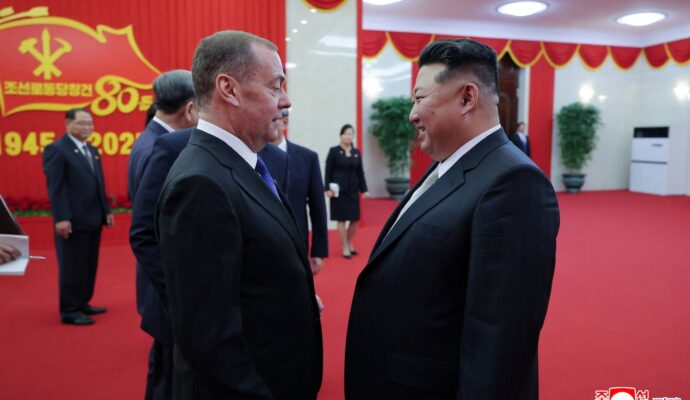The U.S. air strikes on Iran’s nuclear facilities will have reinforced North Korea’s perception that possessing nuclear weapons is essential for its survival and may even prompt Pyongyang to accelerate the development of its nuclear capabilities, warned South Korean experts.
U.S. President Donald Trump on Saturday announced that the U.S. had conducted “massive precision strikes” on three Iranian nuclear sites – Fordow, Natanz, and Isfahan – that has “completely and totally obliterated” Iran’s key nuclear enrichment facilities.
The attack on Iran’s nuclear sites marks the first offensive U.S. military action in Israel’s war with Iran – a major escalation in tensions in the Middle East – which South Korean analysts warn will make North Korea increasingly resistant to any diplomatic efforts or talks aimed at convincing Pyongyang to give up its nuclear program.
“North Korea must have thought it was a good idea to have nuclear weapons after seeing the U.S. airstrike on Iran’s nuclear facilities,” Jeong Seong-jang, deputy director of the Sejong Institute, told Radio Free Asia on Monday.
In a statement Monday, a spokesperson for the North Korean Foreign Ministry criticized the U.S. airstrike on Iran’s nuclear facilities, saying it “violated the U.N. Charter and international law, which have as their basic principles respect for sovereignty and non-interference in internal affairs,” North Korea’s state-run Korean Central News Agency reported.
Despite calls by the U.S. and its allies for denuclearization, North Korean leader Kim Jong Un has pushed for his country to bolster its nuclear capabilities to defend itself, warning earlier this year that “confrontation with the most vicious hostile countries is inevitable.” While the “hostile countries” were not named, North Korea regards the U.S. and its ally, South Korea, as its main enemies.
In 2003, North Korea withdrew after acceding to the Treaty on the Non-Proliferation of Nuclear Weapons (NPT), shortly after the U.S. invaded Iraq. It cited concerns, at the time, that the U.S. was planning a preemptive strike against Pyongyang.
“North Korea is (likely to be) concerned that if it gives up its nuclear weapons, it will end up in a situation similar to Iran, and will not accept future proposals for denuclearization discussions.”
He warned the strikes may even prompt North Korea – which conducted its first underground nuclear test in 2006 – to accelerate the development of nuclear submarines in an effort to secure so-called ‘second-strike’ capabilities – or the ability to launch retaliatory nuclear strikes after a preemptive one.
Other South Korean experts echoed similar concerns.
“Kim Jong Un will probably order the relocation, hiding, and concealment of nuclear facilities, as well as the expansion of air defense systems,” Professor Nam Seong-wook of Sookmyung Women’s University told RFA.

In a social media post, Kim Dong-yeop, a professor at the University of North Korean Studies, argued that the U.S. strikes would cause North Korea to further solidify its perception that “only possession of nuclear weapons can lead to survival” and provide much-needed validation for Pyongyang to hold on to its nuclear arsenal.
Since 2006, North Korea has tested nuclear devices six times and has developed missiles believed to be capable of reaching the U.S. mainland.
During his first term, Trump held historic summits with Kim Jong Un, hoping to get North Korea to abandon its nuclear weapons in exchange for sanctions relief, but his high-level diplomacy ultimately failed to achieve a breakthrough. The North has continued to build its nuclear and missile programs.
The Stockholm International Peace Research Institute estimates that North Korea has assembled around 50 warheads and possesses enough fissile material to produce up to 40 more warheads and is accelerating the production of further fissile material.
Earlier this year, Pyongyang reiterated that it has no intention of giving up its nuclear program.
North Korea would now view diplomatic engagement with the United States as “foolish” and any future negotiations of denuclearization as futile, Kim Dong-yeop wrote in a social media post on Sunday.
“North Korea will use the Iran situation as an excuse to strengthen its criticism of the South Korea-U.S. alliance and South Korea-U.S.-Japan security cooperation,” he added.
Written by Tenzin Pema. Edited by Mat Pennington.

